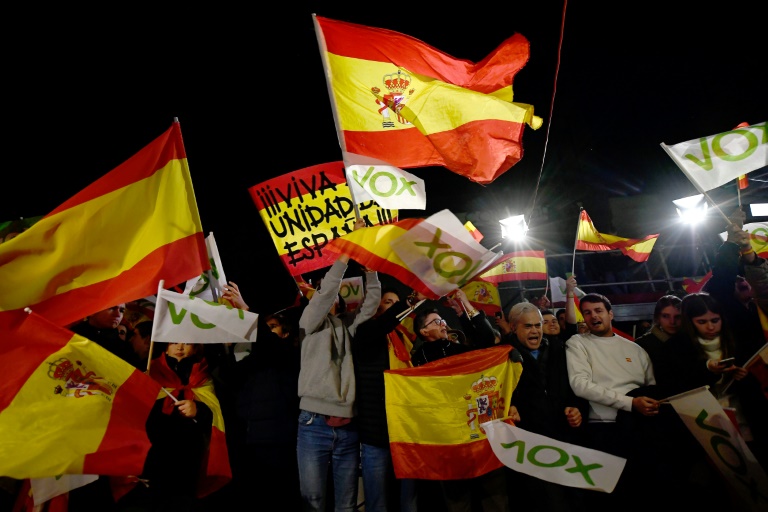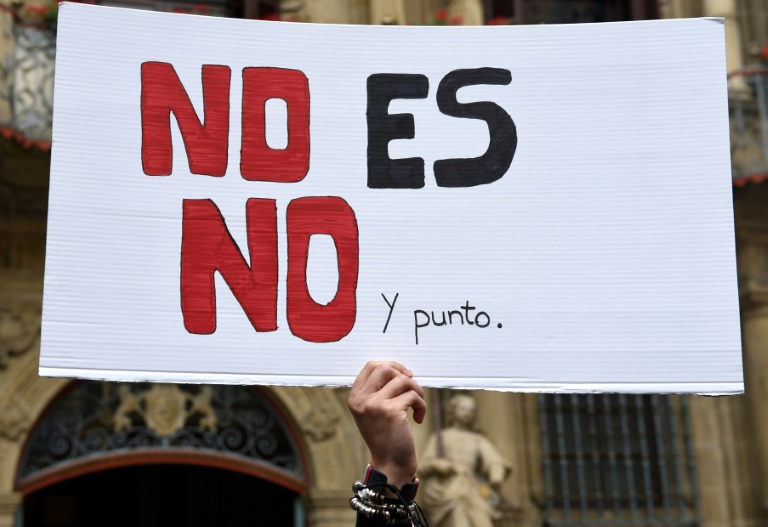
A disaster or a blessing, business leaders are divided over Catalonia's independence drive with some fearing the economy of Spain's richest region could run off the tracks, while others think it would be a good move.
Catalonia, Spain's leading source of exports and its most popular tourist destination, will vote in a regional election on September 27 that local politicians are billing as a de facto referendum on independence.
Separatists say an independent Catalonia would have a GDP per capita that is higher than the European average, post a surplus of 11.5 billion euros (US$13 billion), have lower taxes and more generous pensions.
The northeast region with its capital Barcelona already accounts for a fifth of Spain's economic output.
Their arguments appear to have swayed a significant number of voters as polls show pro-secession candidates could win an absolute majority of seats in the Catalan parliament.
If they succeed, Catalan president Artur Mas has vowed to push through an 18-month roadmap to secession for the region of 7.5 million people.
But entrepreneurs are split, with their views often shaped by how they believe their key market might be affected.
The main Catalan business confederation, Foment del Treball, warned recently of the risk that an independent Catalonia would cease to be a part of the European Union.
Other business groups have backed Catalonia's separatist push, including an association of small and medium-sized Catalan firms which called on voters to reject "fear, apprehension and interference".
Breaking silence
Most business leaders have kept a low profile for fear of offending their customers or the Catalan government, which has spearheaded the independence push, but with the elections around the corner some have started to speak up.
Jose Luis Bonet, the president of Freixenet, the top producer of Catalonia's sparkling wine cava, told AFP that "a unilateral declaration of independence would be a disaster for the Catalan economy".
The company, which exports 80 percent of its production, would have to pay duties to do so if Catalonia were to secede from Spain and as a result leave the EU.
"That means a price increase and a clear risk of loss of market share," said Bonet.
Freixenet's 1,200 employees in Catalonia could "be affected by this issue", he added.
The European Commission has warned that Catalonia would no longer be an EU member if it becomes independent from Spain and would have to apply to join the bloc.
But Ramir de Porrato, the founder of a small technology company geared to the foreign market, does not believe an independent Catalonia would be allowed to leave the EU because "Spain would be the first to suffer".
An independent Catalonia would boost spending on infrastructure in the region and transport links, with better train connections to the rest of Europe and more toll-free highways, he said.
"My products would reach markets faster and at a lower cost, I would be more competitive, I could sell more and create more jobs," he said.
"The deficit in infrastructure is brutal. That makes exports more expensive. Many international flights go through Madrid. The taxes we pay go to the rest of Spain. What about here?", he insisted.
Mas also says an independent Catalonia would want to remain in the EU and that the region's exit from the bloc would hurt Spain and the rest of Europe.
"Let's not forget that 70 percent of Spanish goods that head to Europe by land pass through Catalonia," said economist Oriol Amat, a pro-secession candidate.
Capital flight
The Catalan economy owes a large part of its strength to exports, especially cars, chemical and agricultural products and capital goods.
Catalan exports totalled 60.2 billion euros last year, accounting for a quarter of Spain's total exports.
But its trade is heavily dependent on the Spanish market, which absorbs 41.3 percent of its sales.
A study by the Spanish foreign ministry warns that Catalonia's gross domestic product would drop by 10-20 percent if the region were to break away from Spain.
And that is without taking into account "the possible effects on capital flight and financial instability", the study said.
The Catalan government estimates its fiscal deficit with the rest of Spain amounts to 15 billion euros. Other studies put the deficit at just 3 billion euros.
That is the difference between what Catalonia pays in taxes to the central government and what it receives in public spending — a key cause for complaint by secessionists.




